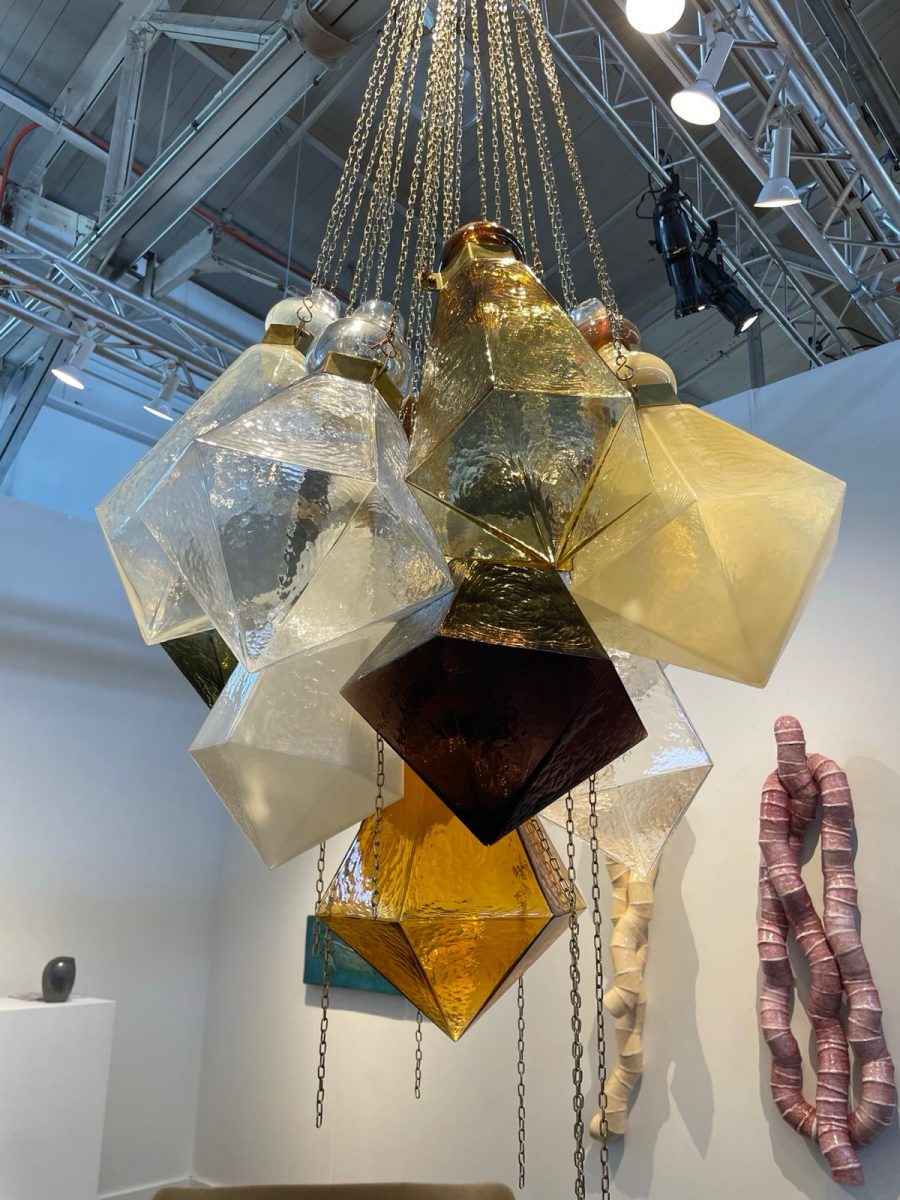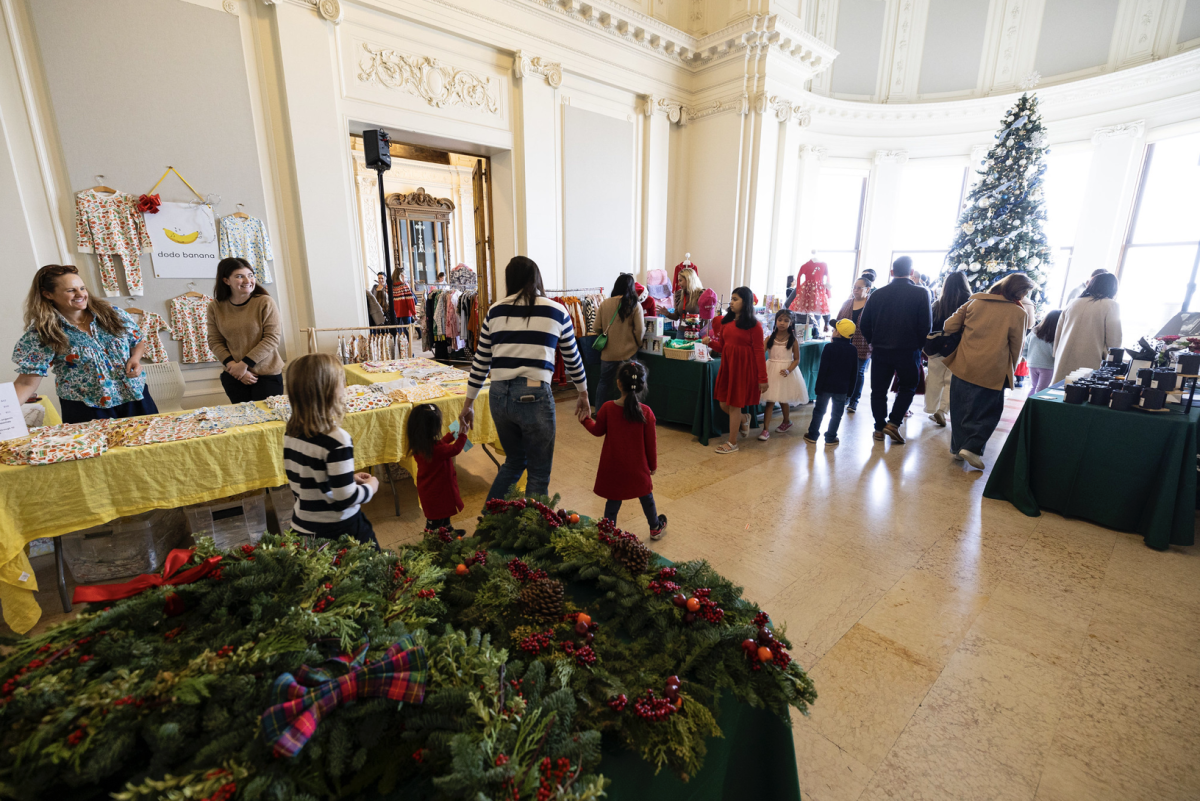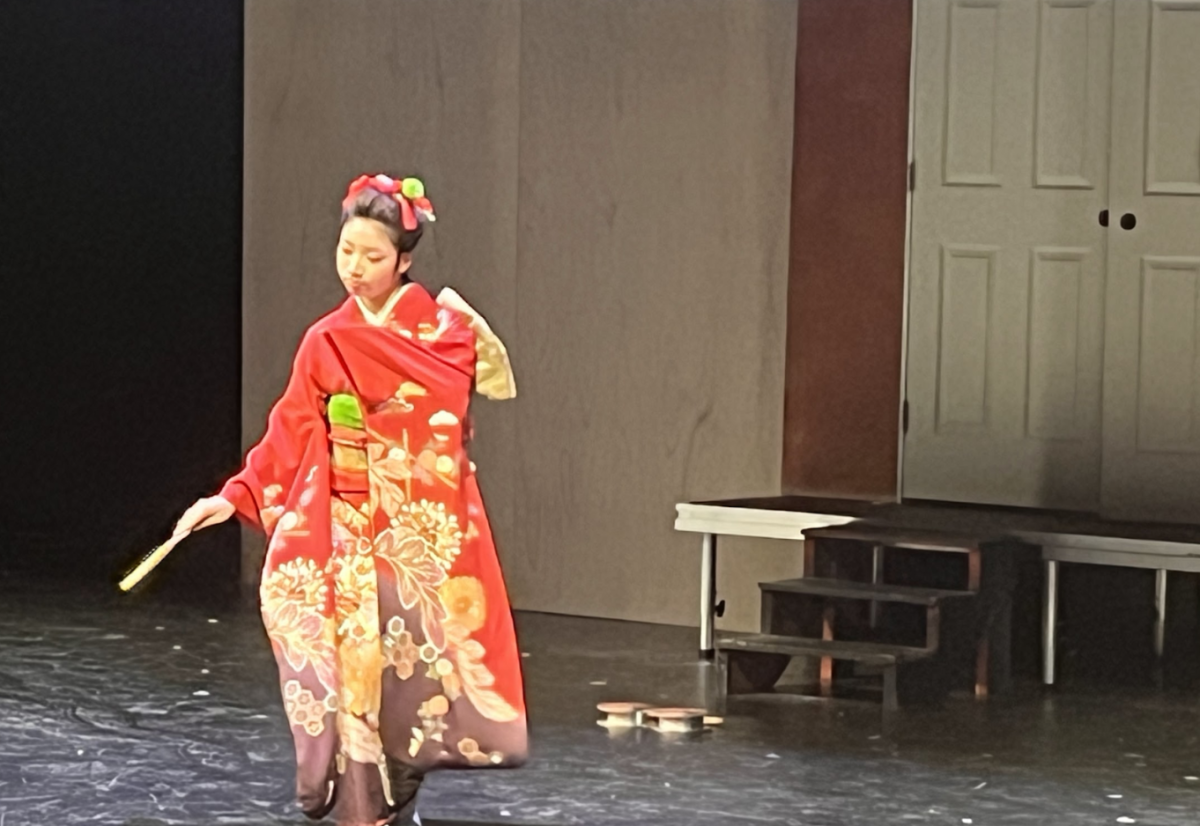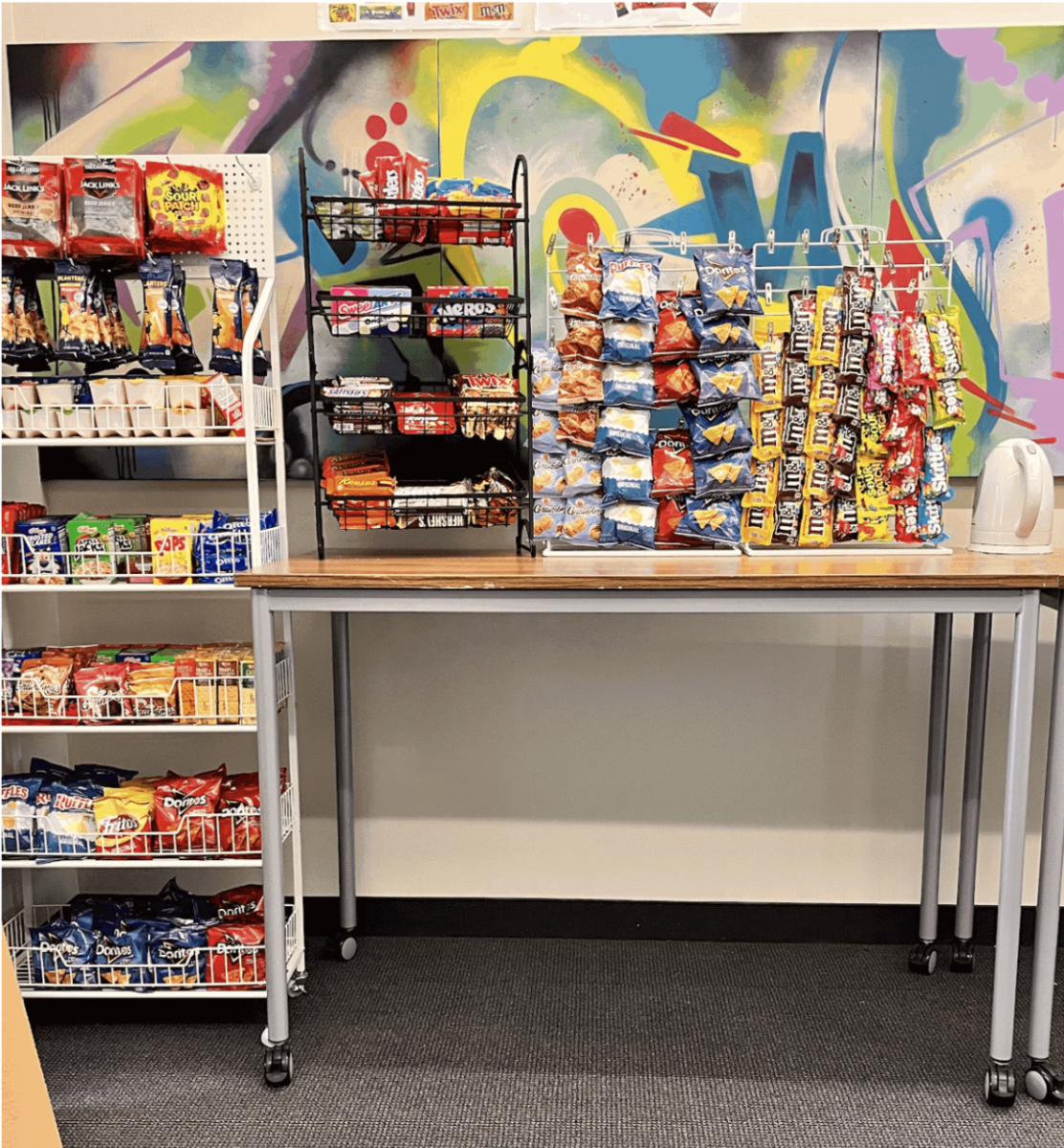Zoë Newcomb
Reporter
Mary Applegarth (’72) takes life as it is. So when she was diagnosed with stage two invasive breast cancer in May, she saw it as just another challenge to overcome. Four months, multiple surgeries and one round of toxic chemotherapy later, Applegarth is cancer free.
Despite a family history of breast cancer, the discovery that Applegarth had breast cancer came completely unexpected. She had received annual mammograms and participated every year in Race for the Cure.
“Everything just stopped, my life just stopped,” said Applegarth. “I was completely shocked.”
The discovery of cancer didn’t stop her, though. Applegarth started making changes in her life, exercising more often, eating more fruits and vegetables, and becoming more aware of toxins in everyday products around the house.
Applegarth got involved in support groups around the city, including Art for Recovery, a weekly, two-hour art studio for adults with life-threatening illnesses. The group meets at the University of California, San Francisco, and uses art to express emotion and to support each other through the recovery process.
“Our art isn’t about drawing a pretty face,” said Cindy Perlis, director of Art For Recovery. “The art is not literal. If someone is angry, they might just color a page completely black. It helps them express feelings that have no words.”
Applegarth graduated Cal Berkeley with a BA in fine arts, and counts art as one of her favorite activities to get her mind off cancer, which despite it’s difficulty has made her more grateful for what she has.
“The whole experience is teaching me not to take life for granted,” said Applegarth. “It’s helped me identify the most important issues in life.”
As a single, working mother, Applegarth said her three children and circle of friends are an irreplaceable support in helping her to make the necessary changes in her life and cheer her up. They have been key in helping her make it through the emotional strain.
“The cancer did not physically hurt me,” said Applegarth, “It’s the emotional challenge that is the hardest.”
Applegarth said her biggest trial wasn’t physical cancer itself, but the way it has changed her entire life.
“The challenge is to make the changes that happened go in a better direction,” said Applegarth.
Applegarth, who worked as a project manager for companies such as Schwab and Wells Fargo before her cancer, is now considering a different professional direction. She is considering working in a creative area or possibly going into the non-profit world. Applegarth said it’s important to empower women with information about staying healthy.
“Women have a responsibility to take care of their bodies,” said Applegarth, “And young women should be increasingly aware of the environment and how it affects health.”
From her experience, Applegarth said she has gained new information about taking care of her body and hopes to enable women to become more aware of what they put into their body and help them live healthier lifestyles.
As part of her ongoing treatment Applegarth will undergo radiation for eight weeks to keep her cancer from reoccurring and then take medication for five years, but she still has fear that it might return.
“I’ve gone through all of the emotions,” said Applegarth, “Anger, fear, sadness, anxiety. I’m still going through them — but I’m going to be fine.”
Applegarth’s strategy to make it through these difficult times is to laugh a lot and maintain a sense of humor. She is just finding joy in life wherever she can.
“I lost hair in the chemotherapy,” said Applegarth, “But I’m having fun with the wig.”








